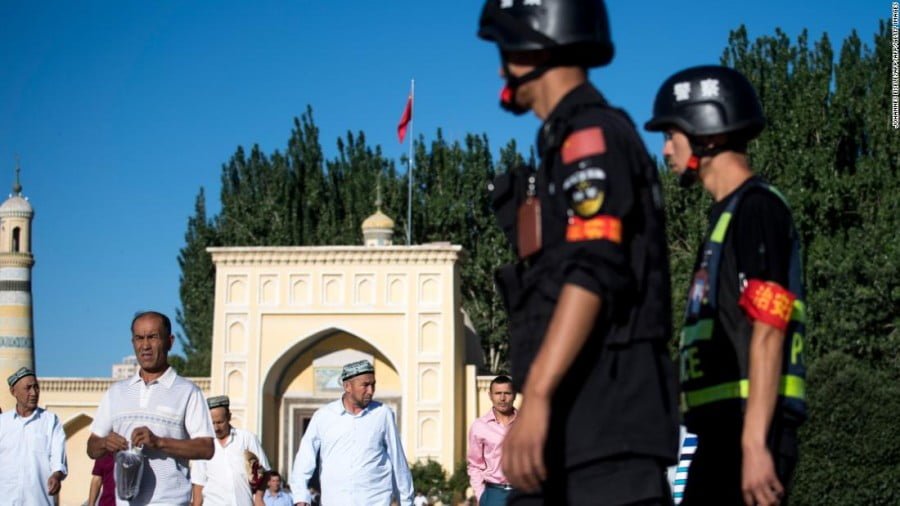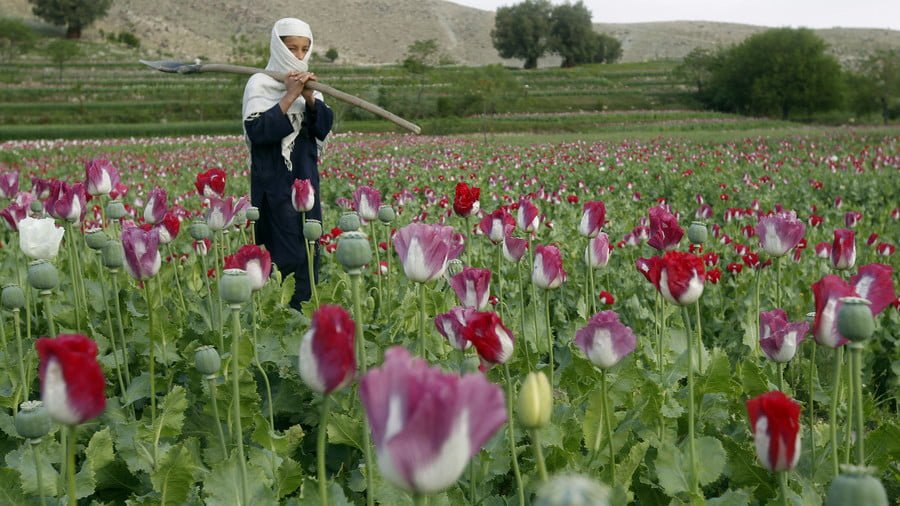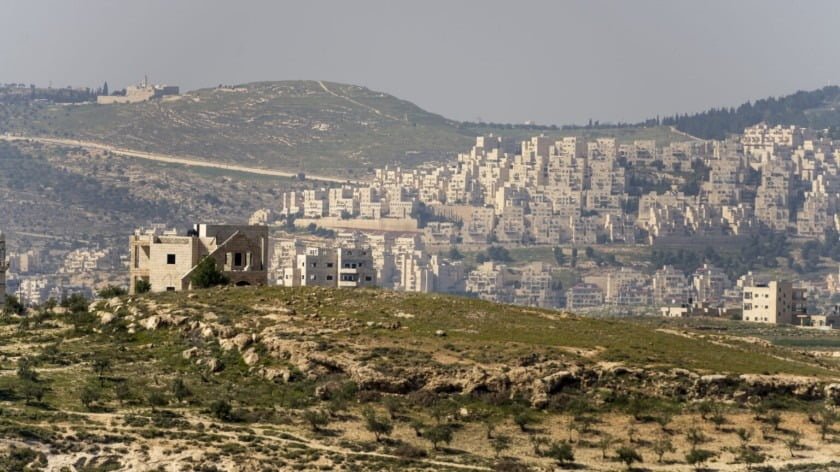China’s Soft Power Shortcomings Make It Vulnerable to Uighur Infowar Attacks
A sketchy statement from a UN official alleged that China is presently holding a whopping one million Uighur Muslims in so-called “re-education camps”.
Gay McDougall, a member of the United Nations Committee on the Elimination of Racial Discrimination, cited what she claimed were unspecified “credible reports” for making this dramatic claim, which is likely a gross exaggeration but based on some kernels of truth, as most infowar attacks are. In a perfect world, there would be full transparency and the “international community” could get down to the bottom of what’s really happening, but China has legitimate security concerns that necessitate a secretive approach to this sensitive issue and it also has the sovereign right to not have to answer to anyone when it comes to its anti-terrorist polices in Xinjiang, which have been wildly speculated upon by the Western Mainstream Media for the past couple of years.
Whatever it may be that’s really happening there, the state needs to be careful that its reaction doesn’t fuel a worse problem by inadvertently creating genuine grievances where there previously were none, which is what the art of counter-Hybrid War strategies (also known as “Democratic Security”) tries to avoid. It should be mentioned that this region is also the main continental hub for China’s One Belt One Road (OBOR) global vision of Silk Road connectivity and is the access point for the country’s overland commercial engagement with the Muslim states of Pakistan, Central Asia, and further afield, Iran. It’s with this strategic significance in mind why external actors periodically focus on reviving interest in the Uighur issue.
There are of course some people who are legitimately worried about what’s happening in Xinjiang, but they could unwittingly be exploited as “useful idiots” for promoting weaponized fake news infowar schemes designed to sow distrust between China and its Muslim partners, like the ridiculous claim that one million Uighurs are imprisoned in so-called “re-education camps” is apparently designed to do. The problem, however, is that China has always had difficulty convincingly responding to these reputational attacks and managing international perceptions about its internal affairs because of the nature of its governing system, which prioritizes security and secrecy over the Western notions of “democracy” and “transparency”. This isn’t a “judgmental” observation but just an objective assessment of its structural shortcomings when it comes to safeguarding its soft power.







